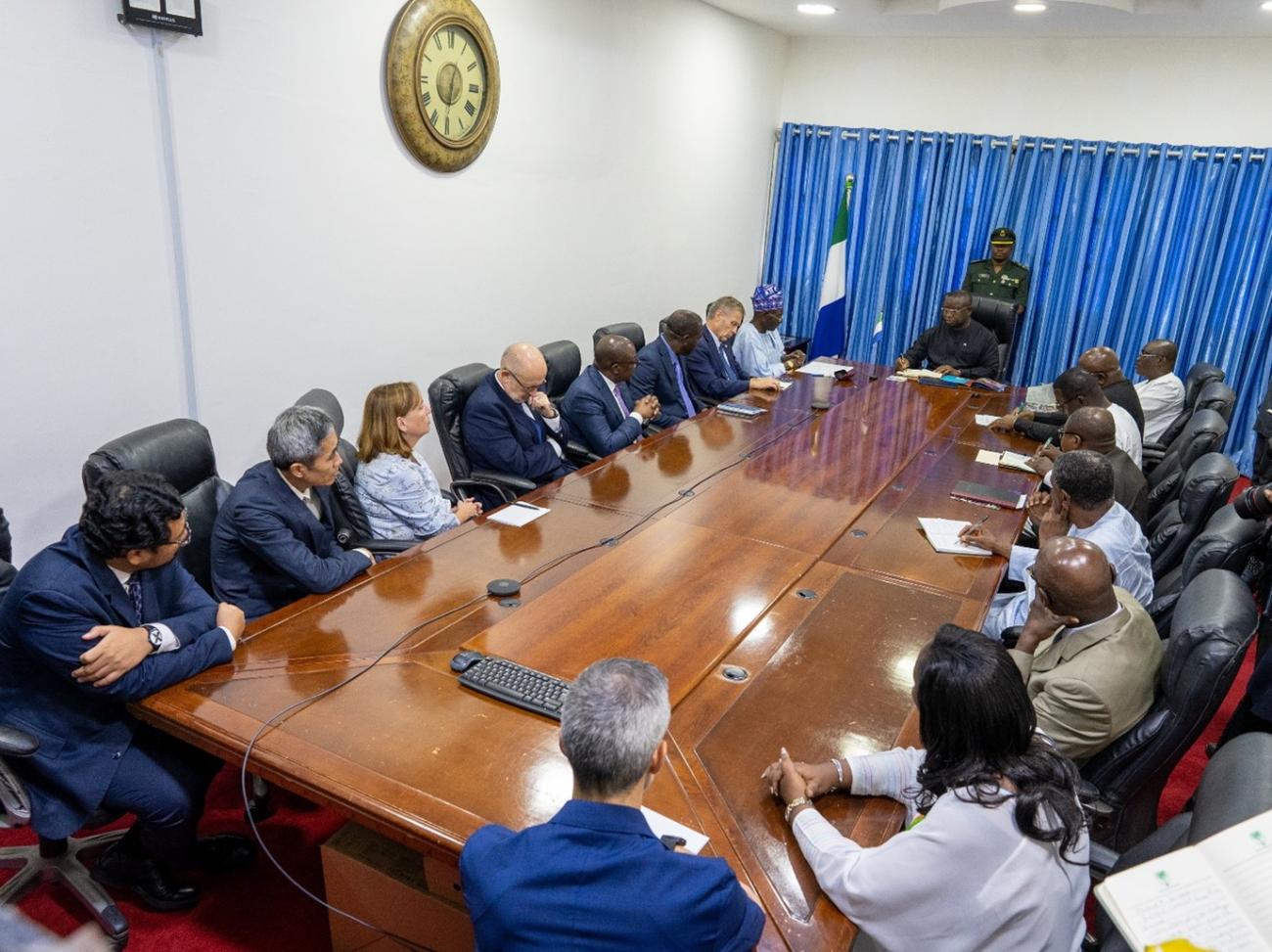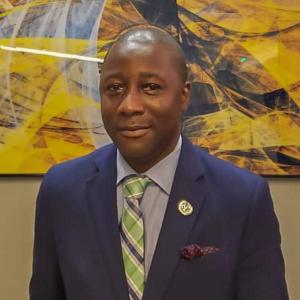On Friday, Executive Board members of the International Fund for Agricultural Development (IFAD) were assured by President Julius Maada Bio of Sierra Leone that though his government during his first term have started a revolution in education, agriculture will not be left behind.
He gave this assurance during a courtesy call at State House by the board members. They were accompanied by the Resident Coordinator Babatunde Ahonsi, IFAD's Associate Vice President Donald Brown and other colleagues.
The team's visit, according to the President, will bring added value to the thinking process of the government in terms of addressing food sufficiency and existing gaps in supporting large-scale agriculture.
"We have a youth bulge, and it (agriculture) will be the largest employer if we approach it properly. It will also stimulate broad-based economic development as is being done in other places," the President said.
With over five million hectares of arable land and handsome rainfall every year, with some amount of irrigation, according to President Bio, Sierra Leone should be able to feed itself.
He also said that the country was spending a lot on importing rice, and his next term in office would be dedicated to agriculture. "We must see an agriculture revolution here as we have seen for education," the President said.
Executive Board member and Nigeria's Permanent Representative to the Rome-based UN agencies, Dr Yaya Olaniran, informed the President that the Board members saw firsthand the impact of IFAD's investments in agriculture during their interactions with the beneficiaries on their visits to project sites across the country. These interactions, according to Olaniran, who also is the spokesperson for the visiting delegation, involved more women and producers.
The meeting with the President climaxed a week-long visit to Sierra Leone, where the delegation visited Rural Finance and Community Improvement Programme and Agriculture Value Chain Development Project activities in Bo, Kenema, Mile 91, and Lungi in Sierra Leone.
IFAD is one of the most active donors in the country's agriculture sector. To date, the Fund has invested US$171.25 million in nine projects and programmes in the country benefiting 547,500 rural households.
The objective of the visit was to promote strategic partnerships with the government and IFAD on agriculture and rural development. The visit was also a good opportunity to gain knowledge and understanding of IFAD's work in the field, including the challenges and constraints faced by IFAD-supported operations.





